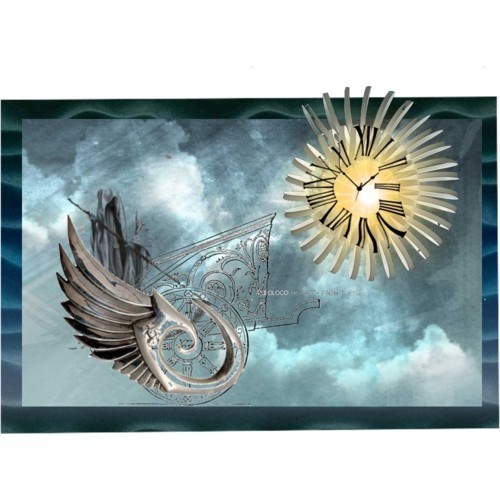Nor, in thy marble vault, shall sound
My echoing song Andrew Marvell – To His Coy Mistress
What is this?
The Genius annotation is the work of the Genius Editorial project. Our editors and contributors collaborate to create the most interesting and informative explanation of any line of text. It’s also a work in progress, so leave a suggestion if this or any annotation is missing something.
To learn more about participating in the Genius Editorial project, check out the contributor guidelines.
Time's wingèd chariot hurrying near; Andrew Marvell – To His Coy Mistress
What is this?
The Genius annotation is the work of the Genius Editorial project. Our editors and contributors collaborate to create the most interesting and informative explanation of any line of text. It’s also a work in progress, so leave a suggestion if this or any annotation is missing something.
To learn more about participating in the Genius Editorial project, check out the contributor guidelines.
Thine eyes, and on thy forehead gaze;
Two hundred to adore each breast,
But thirty thousand to the rest;
An age at least to every part, Andrew Marvell – To His Coy Mistress
What is this?
The Genius annotation is the work of the Genius Editorial project. Our editors and contributors collaborate to create the most interesting and informative explanation of any line of text. It’s also a work in progress, so leave a suggestion if this or any annotation is missing something.
To learn more about participating in the Genius Editorial project, check out the contributor guidelines.
Vaster than empires, and more slow. Andrew Marvell – To His Coy Mistress
What is this?
The Genius annotation is the work of the Genius Editorial project. Our editors and contributors collaborate to create the most interesting and informative explanation of any line of text. It’s also a work in progress, so leave a suggestion if this or any annotation is missing something.
To learn more about participating in the Genius Editorial project, check out the contributor guidelines.
What is this?
The Genius annotation is the work of the Genius Editorial project. Our editors and contributors collaborate to create the most interesting and informative explanation of any line of text. It’s also a work in progress, so leave a suggestion if this or any annotation is missing something.
To learn more about participating in the Genius Editorial project, check out the contributor guidelines.
What is this?
The Genius annotation is the work of the Genius Editorial project. Our editors and contributors collaborate to create the most interesting and informative explanation of any line of text. It’s also a work in progress, so leave a suggestion if this or any annotation is missing something.
To learn more about participating in the Genius Editorial project, check out the contributor guidelines.
What is this?
The Genius annotation is the work of the Genius Editorial project. Our editors and contributors collaborate to create the most interesting and informative explanation of any line of text. It’s also a work in progress, so leave a suggestion if this or any annotation is missing something.
To learn more about participating in the Genius Editorial project, check out the contributor guidelines.
What is this?
The Genius annotation is the work of the Genius Editorial project. Our editors and contributors collaborate to create the most interesting and informative explanation of any line of text. It’s also a work in progress, so leave a suggestion if this or any annotation is missing something.
To learn more about participating in the Genius Editorial project, check out the contributor guidelines.
What is this?
The Genius annotation is the work of the Genius Editorial project. Our editors and contributors collaborate to create the most interesting and informative explanation of any line of text. It’s also a work in progress, so leave a suggestion if this or any annotation is missing something.
To learn more about participating in the Genius Editorial project, check out the contributor guidelines.
The bosom's stainless pride,
Curling like tendrils of the parasite
Around a marble column. Percy Bysshe Shelley – Queen Mab
What is this?
The Genius annotation is the work of the Genius Editorial project. Our editors and contributors collaborate to create the most interesting and informative explanation of any line of text. It’s also a work in progress, so leave a suggestion if this or any annotation is missing something.
To learn more about participating in the Genius Editorial project, check out the contributor guidelines.










207